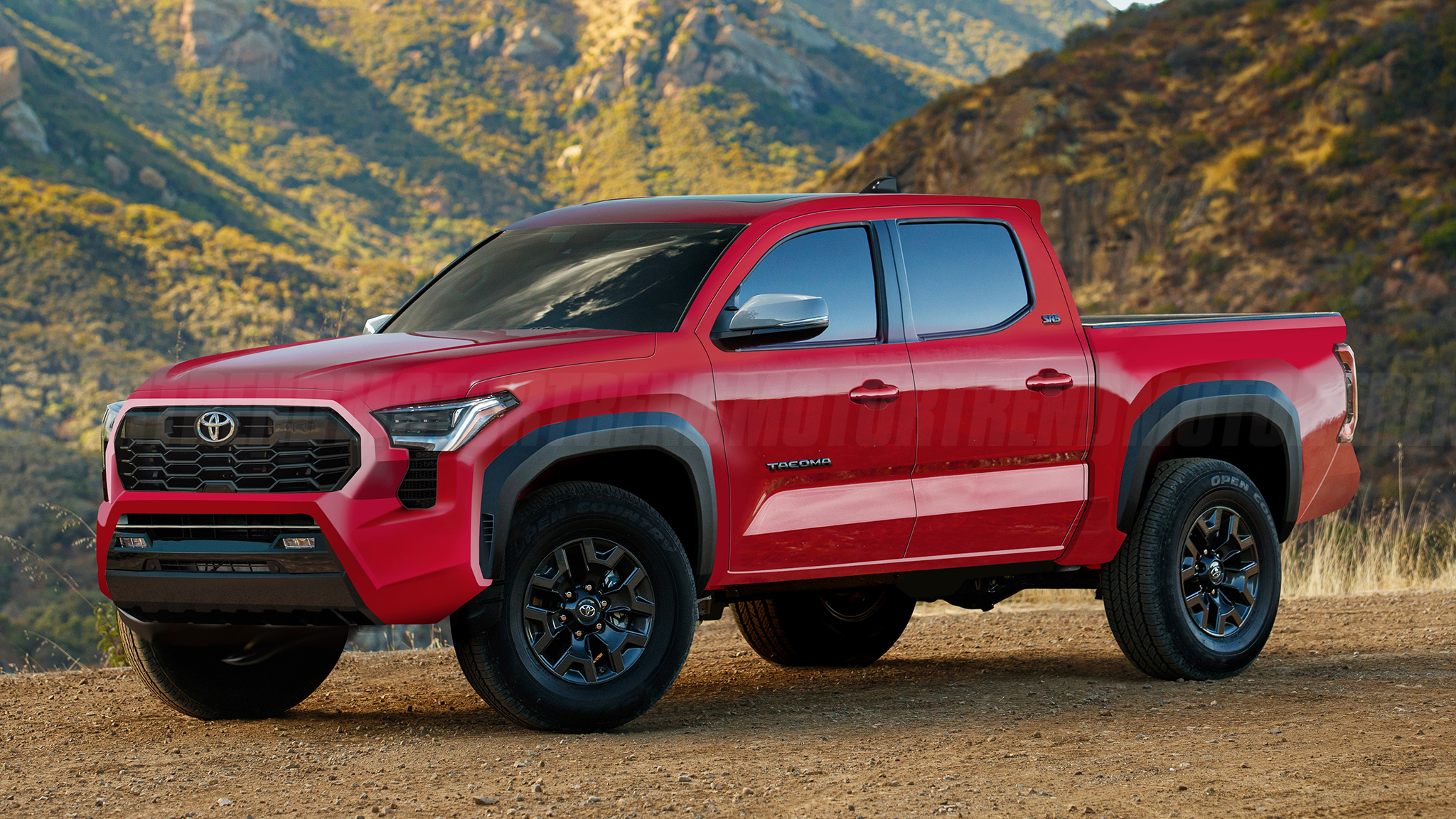Toyota’s Hybrid Battery Subsidiary Explores Expansion in China
A subsidiary of Toyota Motor Corporation, known for its expertise in hybrid vehicle batteries, is exploring the possibility of manufacturing electric vehicle (EV) batteries at its factory in Dalian, China. This move comes as the EV market in the country continues to grow rapidly, prompting automotive companies to adapt their strategies accordingly.
Prime Planet Energy & Solutions, Inc. (PPES), the subsidiary responsible for producing batteries for hybrid and plug-in hybrid vehicles, currently operates three buildings at its Dalian facility. These facilities are dedicated to the production of batteries that power Toyota’s hybrid models. According to sources familiar with the matter, the local government is considering the construction of a fourth building at the same site, which would be leased by PPES for the purpose of battery manufacturing.
The exact start date for this potential expansion and the specific type of batteries to be produced have not yet been finalized. However, the development marks an important step for PPES as it looks to diversify its product offerings in response to the shifting automotive landscape.
The investment required for the new facility is estimated to be 3.7 billion yuan ($516 million). This funding will be used to construct the additional building, which will then be leased by PPES for its operations. The groundbreaking ceremony for the project was held at the end of June, signaling the beginning of the construction phase.
This initiative aligns with Toyota’s broader strategy to strengthen its presence in the Chinese EV market. In addition to the potential expansion of PPES, the company is also working on constructing a new factory in Shanghai. This facility is set to begin production in 2027 and will focus on manufacturing a next-generation EV model under the Lexus brand. This move underscores Toyota’s commitment to expanding its electric vehicle portfolio and catering to the growing demand for sustainable transportation solutions.
The decision to explore battery production in China reflects the increasing importance of the country in the global automotive industry. As one of the largest markets for both hybrid and electric vehicles, China offers significant opportunities for automakers looking to expand their operations and meet consumer demand.
Toyota’s approach highlights the need for flexibility and innovation in the face of evolving market trends. By leveraging its existing infrastructure and forming partnerships with local authorities, the company is positioning itself to remain competitive in an industry that is rapidly transitioning towards electrification.
In addition to its efforts in battery production, Toyota has been investing heavily in research and development to improve the efficiency and performance of its electric vehicles. These investments are aimed at ensuring that the company can deliver high-quality, reliable, and environmentally friendly vehicles that meet the expectations of consumers around the world.
As the automotive industry continues to shift towards electric mobility, companies like Toyota are reevaluating their strategies to stay ahead of the curve. The potential expansion of PPES in Dalian and the construction of a new factory in Shanghai are just two examples of how Toyota is adapting to this changing landscape.
Overall, these developments indicate that Toyota is taking a proactive approach to securing its future in the electric vehicle market. By focusing on innovation, collaboration, and strategic investments, the company is well-positioned to navigate the challenges and opportunities that lie ahead.







